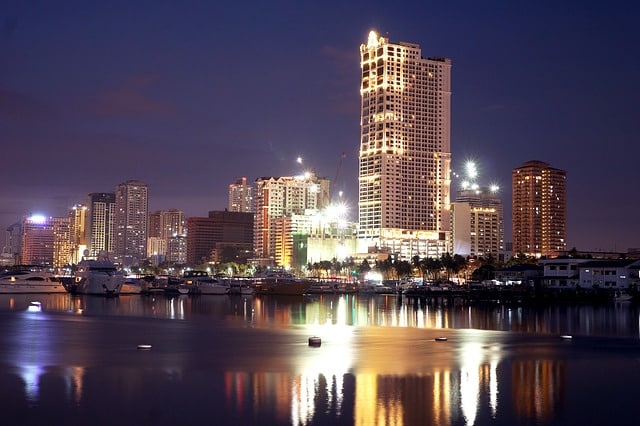The Securities and Exchange Commission, the financial watchdog of the Philippines, is busy writing regulations for the cryptocurrency trade, according to a report in investing.com.
Discover credible partners and premium clients at China’s leading finance event!
The regulations should be finalised this year. Emilio Aquino, commissioner of the SEC, told a press conference: "We need to act because initial coin offerings are sprouting especially in 2017. We want to come up with our own set of regulations. You have to be extra careful how investors in this new space are protected."
Cryptocurrency transfers have become popular in the Philippines; it is one of the biggest markets for international transfers as so many of its citizens work abroad and send money home. The Bangko Sentral ng Pilipinas (BSP) says that cryptocurrency transactions in the country averaged $8.8 million a month in the first half of 2017, and $6 million a day by October.
And as with so many nowadays, Philippine authorities are still figuring out how to come to grips with the new industry. Some cryptocurrency exchanges are licensed as remittance companies, but no ICO has yet been approved. The new regulations will cover cyber-security, the feasibility of the projects and eligibility of the teams behind them, and the financial literacy of investors, according to Aquino.
Back in June 2016, the central bank established a cyber-security surveillance division, and announced plans to tighten regulations on cryptocurrency exchanges and other related companies. In February 2017, the bank decided to treat all Bitcoin -related companies as remittance companies, and require them to register to that effect, as a measure to control criminal activity. However Nestor Espenilla, head of the BSP, told Bloomberg that the move “does not, in any manner, constitute an endorsement of virtual currency as legal tender, store of value or investment instrument.”
The bank issued two licences to cryptocurrency exchanges in 2017, according to Reuters. However it reiterated at the time that people shouldn't read too much into this - Melchor Plabasan, head of the BSP’s Core Information Technology Specialist Group, told a news conference: “We do not endorse virtual currency as a currency because it is not a currency...We only regulate bitcoin or virtual currencies when it is used in delivering financial services like remittance and Payments .”
Indeed, the bank and regulator came together in November to urge Phillipinos to resist the temptation to invest in Bitcoin. And on Friday last, the SEC halted an ICO as it was not registered to sell securities. That ICO was for a token called KropCoin, and claimed to be "the world’s first agriculture marketplace crypto equity ICO," according to Coindesk.
The BSP is currently reviewing 12 applications for cryptocurrency exchanges. If they are granted licences, they will have to obey the bank's regulations, which include regular transaction reporting. “There are a lot of pyramid schemes right now disguised as ICOs (initial coin offerings) for investment channels,” said Plabasan. “We will advise the general public to be wary of these types of institutions...and they should only deal with those that are registered with the BSP.”
"Unfortunately, there have been a lot of cases where ICO promoters vanish into thin air. We don't want that to happen here," Aquino added.


















